Artificial intelligence (AI) refers to the ability of computer systems to carry out tasks that would normally need human intelligence. For example, AI can rapidly analyze huge amounts of client data to gain insights about preferences and behavior. Staff can utilize this to adjust their service and marketing campaigns.
AI can adjust the pricing approach based on market conditions and forecast future trends. By incorporating AI into marketing, hospitality operators can build an effortless guest journey from when a customer connects with their brand to when they return to the venue.
What can AI do for Hospitality Marketing Businesses?
Let's start with some particular instances of what AI can accomplish for your hospitality business:
1. Increase Good Reviews.
If you know a guest's sentiment before they check out, use this field to filter out dissatisfied guests when reminding them to write a review. Operators who filter out disgruntled customers while prompting them to post a comment may improve positive evaluations by 28%.
2. Follow Up On Queries Automatically.
The number one rule of sales is to follow up. In hospitality, you sell a room, a location, or an experience. When a guest inquires, using the context of the conversation to follow up with them a few hours later automatically boosts the possibility of converting the inquiry into a booking.
3. Change the Tone of your Comments to each Guest.
When dealing with upset guests versus easygoing guests, adjust your response tone to be more remorseful. This improves customization in your automation while maintaining speedy reaction times.
4. Offer Customized Suggestions.
AI can establish what type of traveler they are by studying their messages throughout their stay, determining what amenities they may be interested in, and providing relevant recommendations with a chatbot or in their guest web app.
5. Embrace The Global Side Of Hospitality.
Communicating with people in any language simplifies travel and enhances the unique experience. It decreases the danger of guests not understanding crucial information while showing another degree of personalized effort that will be appreciated.
6. Offer Amazon-Like Retail Experiences.
People are used to having fast access to everything. From one-click payment to same-day shipping, guests expect immediate responses. A shorter average response time correlates directly with more reservations.
7. Dealing With Dissatisfied Guests,
The ability to filter your jobs depending on essential characteristics will improve your efficiency in day-to-day operations. Prioritize answers to dissatisfied visitors who will be checking in shortly.
8. Target The Correct Audience With Marketing.
Context analysis can help you identify which elements of the business can be enhanced. It will also give you a more comprehensive perspective of the types of guests you may attract, allowing you to place your marketing and campaign better.
9. Automatic Room Assignment in Hotels
Using guest preferences, booking context, added notes, and current property management system data, you may dynamically assign rooms to visitors depending on their choices and needs. This can save your team hours each morning, decrease staff workload, and ensure guests are housed in rooms that fit their needs.
10. Predictive Maintenance
When a guest worries about being unable to open the front door with their code, is it because they did not follow the instructions correctly, the code is not working, or the smart lock Wifi Bridge has been disconnected? This information is usually available and may be exploited with chatbots to effectively and promptly address maintenance needs, improving the guest experience and decreasing costs.
11. Higher Income per Guest.
Automated upselling and cross-selling. Knowing if a hotel is available the night before allows you to accept early check-ins automatically. Using AI to recommend additional facilities or services based on previous visitor bookings and preferences can boost income while improving the overall guest experience.
12. Train your Team.
You may also use context, sentiment, and reaction timings to assess your team's performance and highlight areas where employees may want extra training or help. This will assist your AI hospitality business in improving overall service quality and visitor pleasure.
Benefits of Hospitality Marketing Artificial Intelligence
Using AI in your hotel can significantly improve how you operate services and interact with visitors.
Optimize Pricing Strategies: AI tools can help you alter room rates in real-time based on demand, market conditions, and competition prices, ensuring you get the most money out of your rooms.
Improve Marketing Campaigns: AI uses client data to generate targeted ads and personalized marketing strategies, which can result in more direct bookings and higher sales.
Increase Revenue Management: AI assists you in making smart business decisions by analyzing massive data and market trends. It allows you to instantly modify pricing and marketing strategies to maximize profitability.
Improve Booking Platforms: AI can enable direct booking platforms to increase direct bookings and guest loyalty by organizing a better online experience through personalized interactions with guests.
Manage Big Data: AI solutions can assist in analyzing and simplifying enormous amounts of data, allowing for strategic decisions involving guest characteristics and conduct.
Challenges of AI in Hospitality Marketing
There are several options for AI in the hospitality industry to create content, but one of the challenges is ensuring that the content is of good quality and correct. Just because something is quick does not guarantee that it is of high quality. The content is generated by a machine that takes a few inputs and builds a story using information from the Internet. It is not based on experience, skill, or original ideas. One of the problems of adopting technology is producing ethical AI content.
It is immoral to present AI-generated content as one's unique work. A potential guest may be dissatisfied with their stay if they choose a resort based on non-original thought leadership pieces. Modifying AI-generated content does not raise it to the status of originality.
Google agrees that AI-generated material violates its criteria and may take action, so this could be a problem from an SEO aspect.
Future of Artificial Intelligence in Hospitality Industry
With the introduction of huge language models like GPT3.5 and ChatGPT, nothing is the limit. We can see into the future of modern hospitality and assume a significant resurgence of the chatbot trend of the recent decade.
However, the chat bots will be more advanced this time and deliver more service. With advances in natural language processing and the availability of vast language models, they can understand and reply to a broader range of client requests in many languages.
The new chat bots will be able to provide immediate assistance, tailor recommendations, and make guests feel as if they have personal virtual concierges who are committed to their requirements. In addition, AI technology will accelerate and become the industry norm.
To stay ahead of the curve, AI hospitality companies must become AI-driven enterprises, just as every successful IT company is today.
Conclusion
If you work in the hotel sector, you should understand the importance of artificial intelligence. It has the potential to alter your operations and enable you to provide individualized experiences to your guests.
Artificial intelligence may handle various tasks, including processing and analyzing customer data and making recommendations based on customer preferences. This might help you keep up with trends and learn from your guest interactions. Furthermore, AI can reduce human mistakes and improve customer service.
Frequently Asked Questions:
- What are some common AI applications in the hospitality industry?
Chatbots for customer service, automated messaging for speedy responses, and context analysis for individualized guest encounters are some of the most common AI applications in hospitality.
- Which hotel uses artificial intelligence?
Edward, Edwardian Hotels' AI chatbot, serves clients with concerns ranging from room amenities to requests for extra pillows, hence improving the entire service experience.

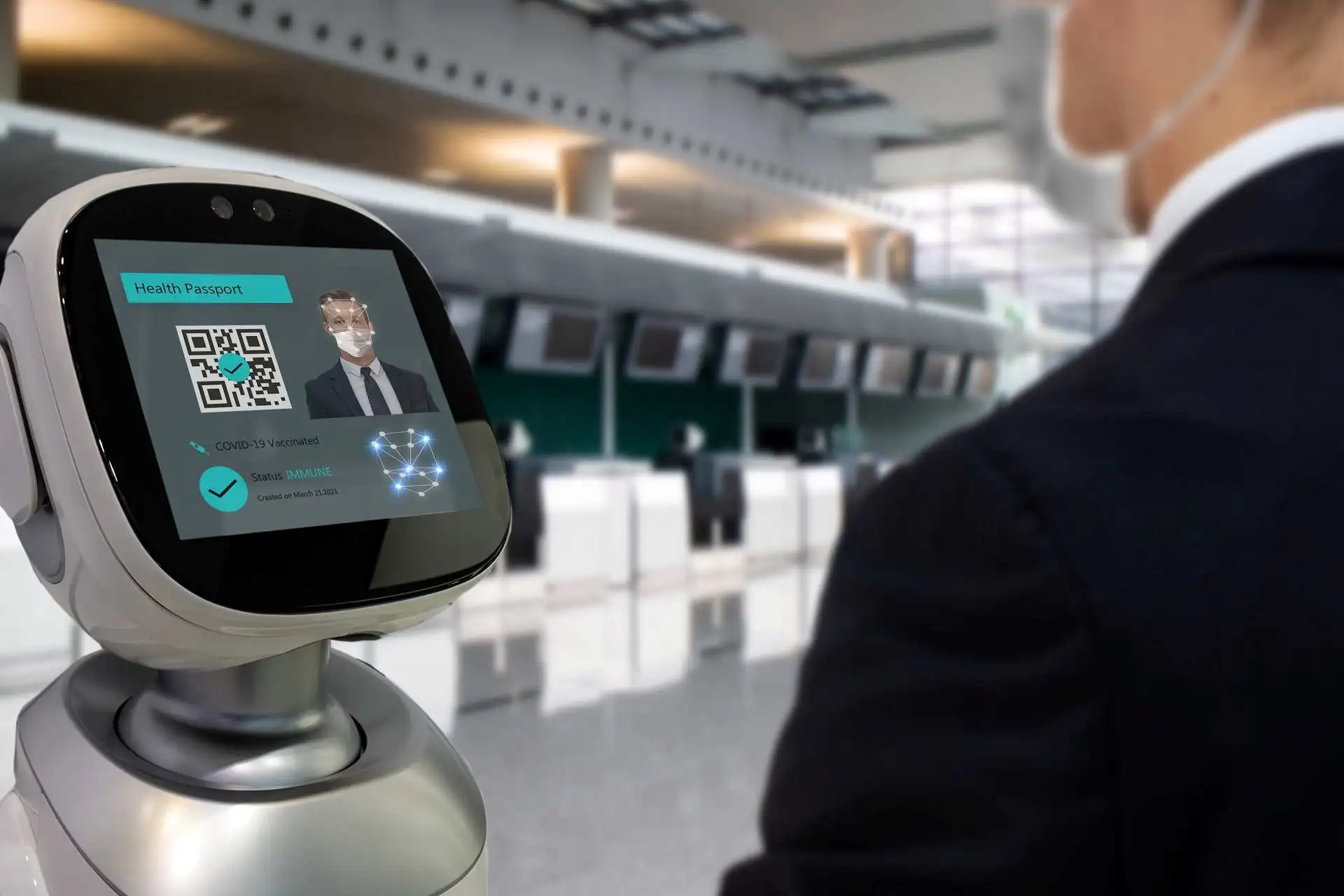


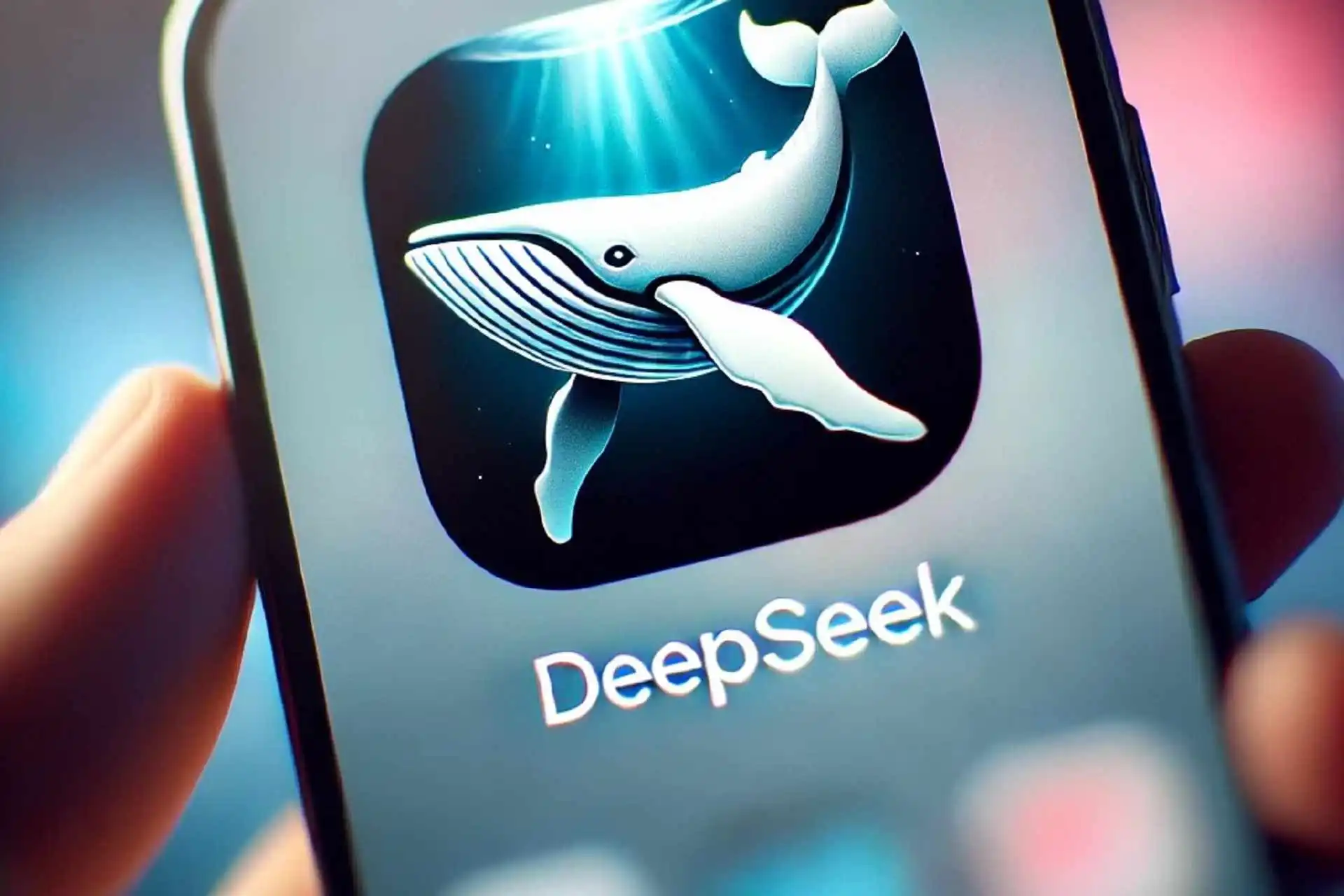
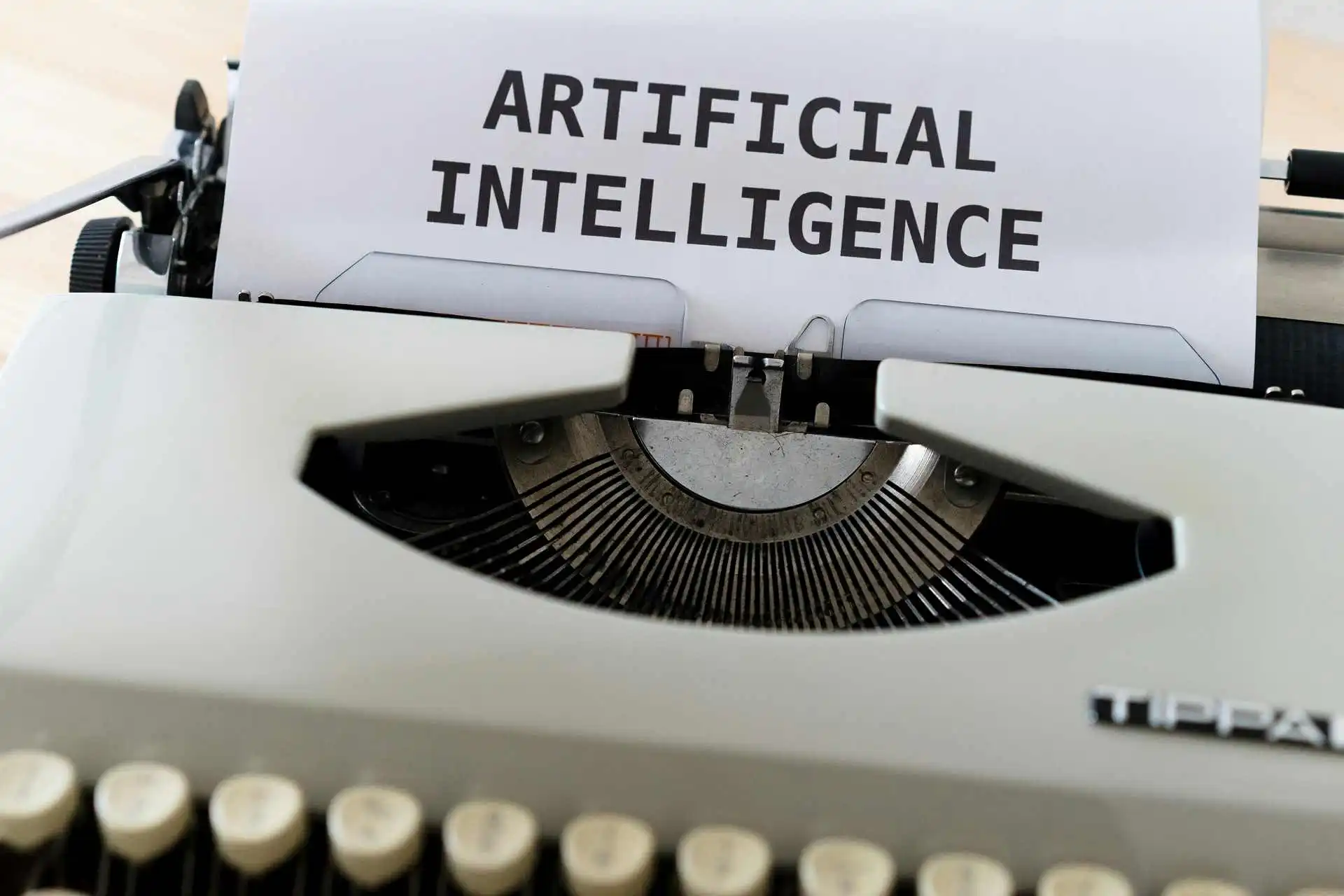
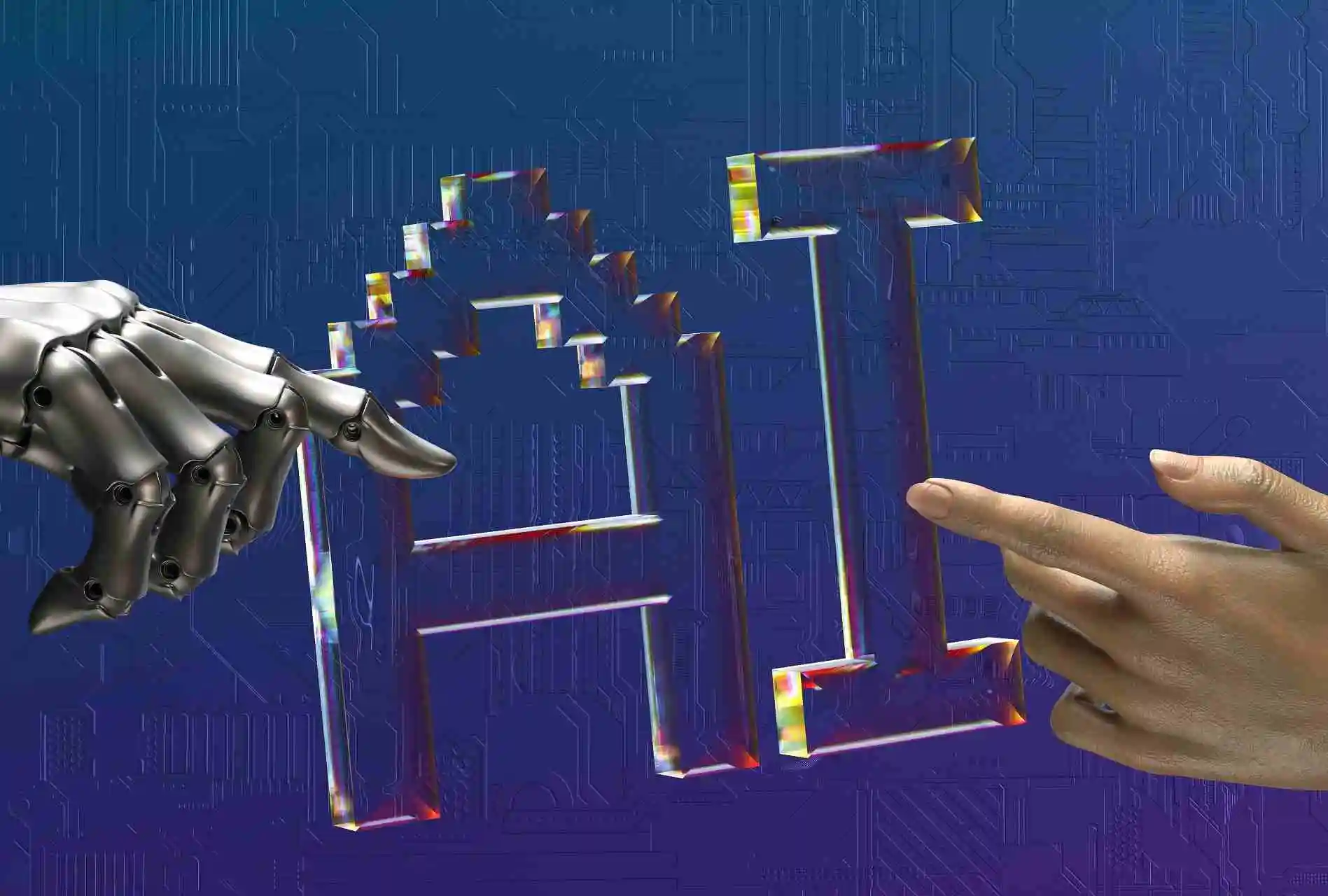
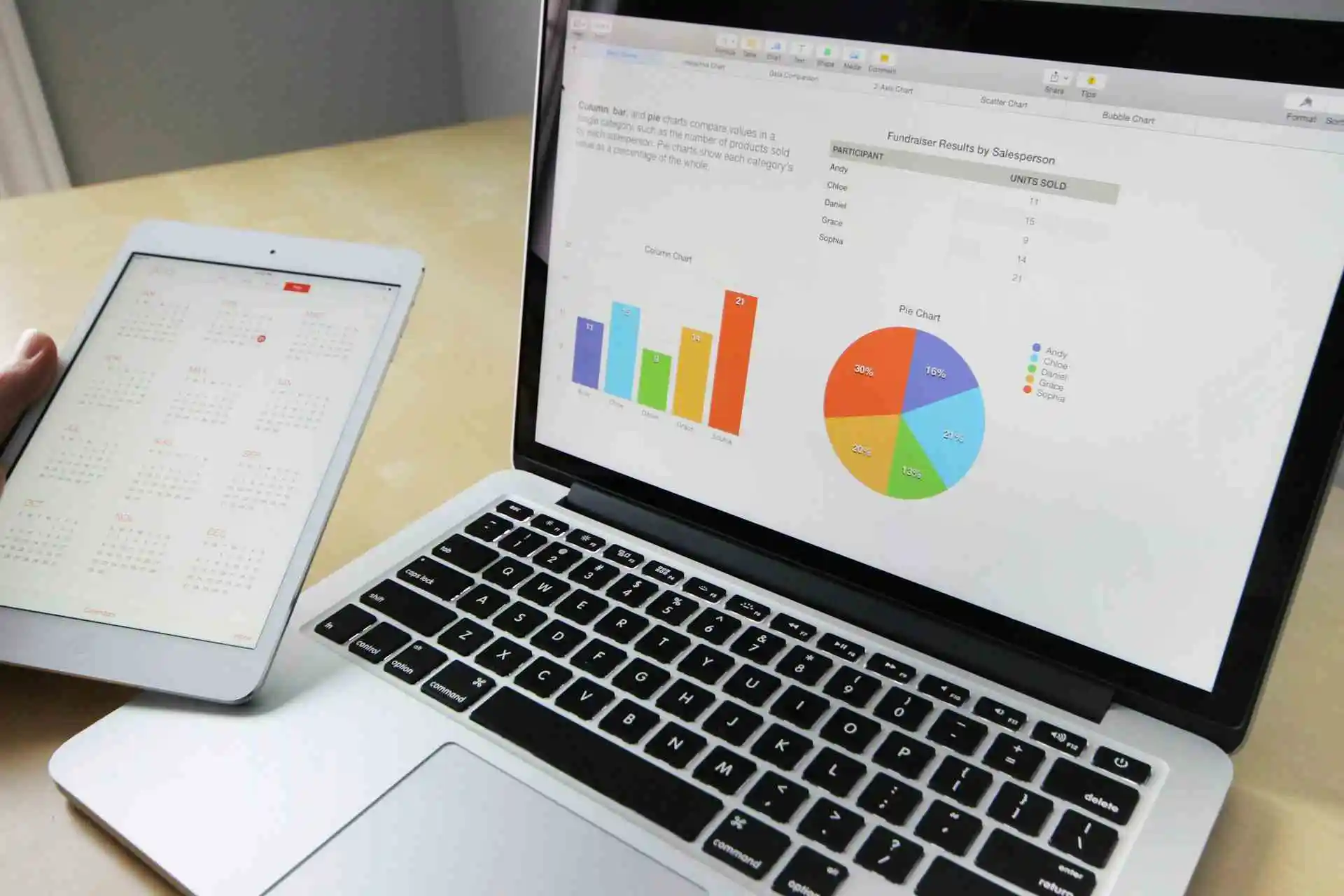
Leave a COMMENT